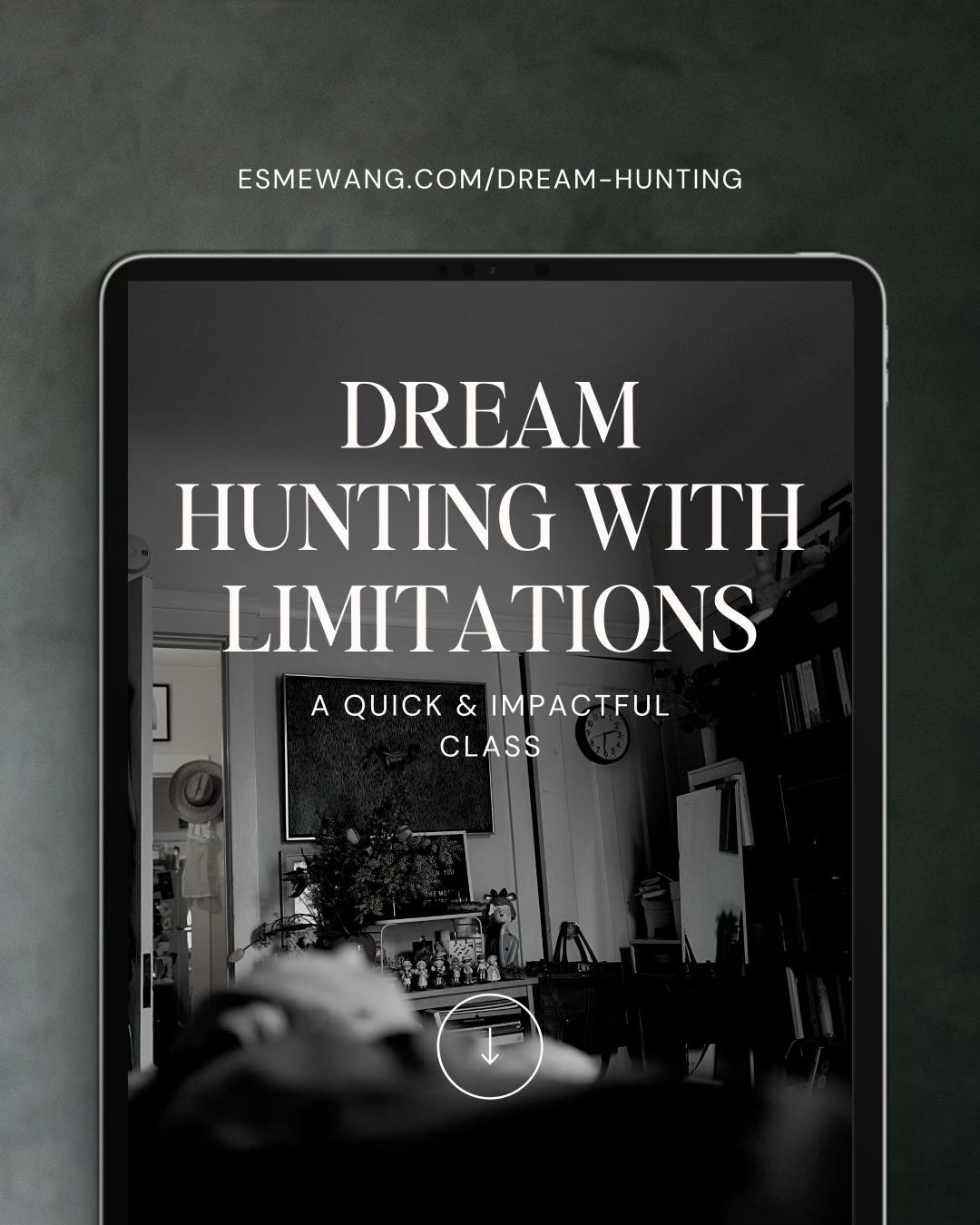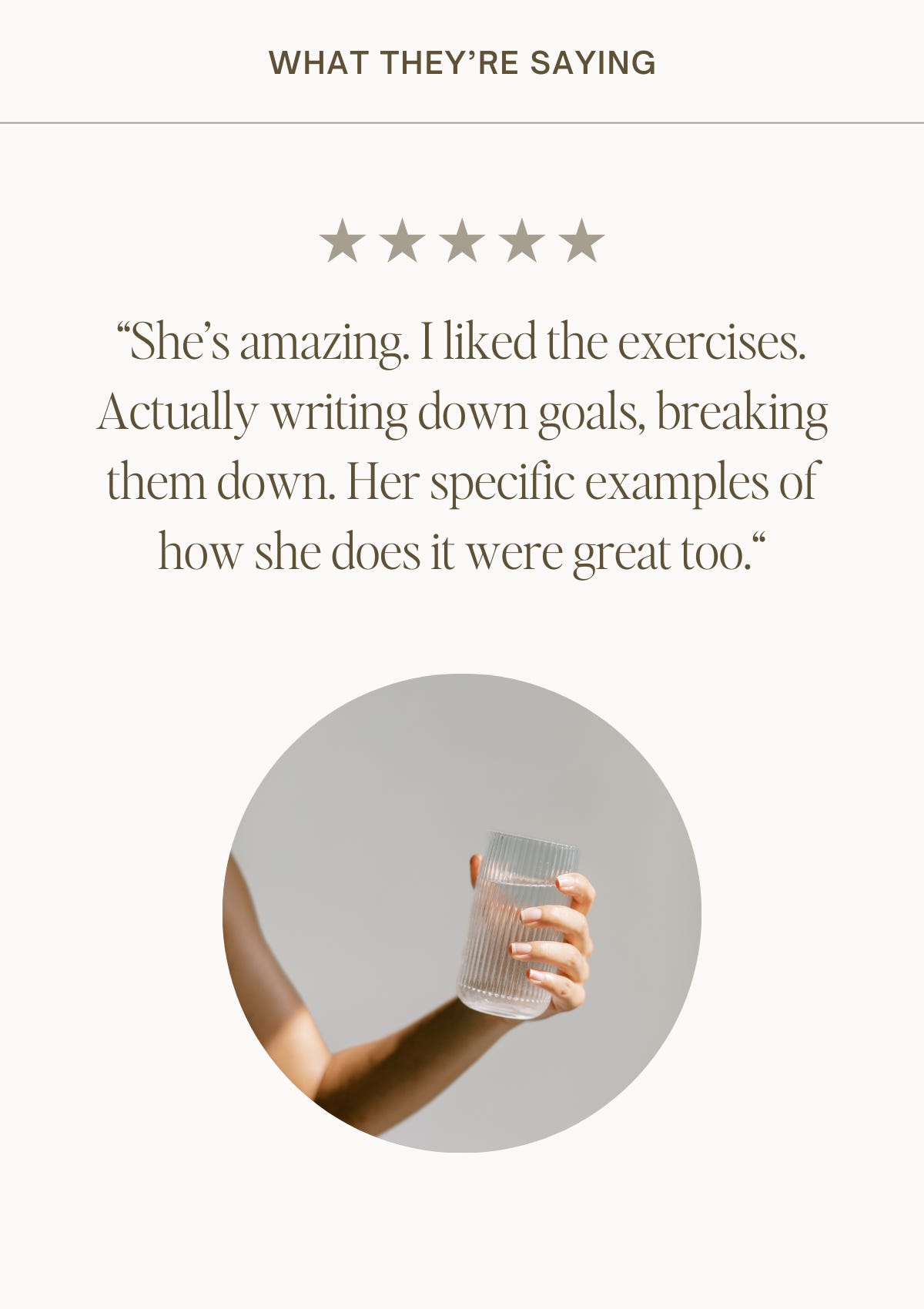Eggs Are Freedom
off the psychiatric hospital ward, fried eggs feel like a gift
A version of this was first published in Extra Crispy (now defunct).
With Level One privileges at the psychiatric hospital I am involuntarily checked into, the patient is allowed off the ward for breakfast. But because my first half-day is spent hiding in my room’s dresser, sobbing, no one knows that I am not a danger to myself or others, so I spend the first breakfast near the nurse’s station. I choose Raisin Bran from a selection of preschool-sized boxes. I eat it under supervision with a plastic spoon. I also have apple juice, which comes in a plastic container with a foil top and a straw.
There are patients who have been here longer, are well-behaved, and yet also eat breakfast on the ward. On the doors of their rooms hang signs indicating that they receive electroconvulsive therapy, or ECT, and thus cannot eat before their morning treatments.
The nurse who checks my vitals the next morning informs me that I’ve been elevated to Level One status. I see this as a good sign. I sit by the television for a while with some of the other patients, almost all of whom are groggy from side effects and uncommunicative. The exception is a woman in a wheelchair who hones in on me as a newcomer and wants to let me know what life on the ward is like. “They’re trying to poison me,” she says confidentially. “Don’t let them give you any meds.” Eventually, patients begin to hang around the ward exit, as though it’s a gate at the terminal and we’re all eager to nab overhead bin space. A handful of nurses eventually follow, laughing amongst themselves and teasing one another: “You say that to me again, I dare you.” “Yeah, I’ll say that to you again.” One nurse uses her key card to scan us out of the ward—the double doors swing slowly open—and we go in batches of two down the elevator, which requires another key card, to the cafeteria. The room is a smaller version of the school cafeterias I’ve known all my life, with a line for hot food and a few circular tables at which to eat. The other patients are muttering and jostling and silent and jittery in this foreign space.
I can tell right away that the scoop of yellow on my plate is reconstituted. My stomach flips at the sight, but I’m also hungry. I’ve barely eaten in weeks.
We don’t serve ourselves. Instead, we tell the servers what we want. I ask for eggs and home fries. I can tell right away that the scoop of yellow on my plate is reconstituted. My stomach flips at the sight, but I’m also hungry. I’ve barely eaten in weeks.
It’s hard to know where to sit. I have a sense of which patients to avoid and which will let me be, but I also see a few sitting with the nurses, who attract me with their normalcy. I take a risk and sit at an empty table, where I attend to the food in front of me; I use my spork to sample the eggs first, which are nearly tasteless, and lack the near-sulfurous attributes that make them disgusting to those who hate eggs—but their tastelessness is its own challenge, and I almost choke on the first bite before abandoning the rest. The home fries are warm and coat my tongue with grease. I eat them all. I finish my plastic container of apple juice and look around: the glass door and windows show the bright blue sky pressing against the building; the nurses are eating and chatting as if we could be anywhere. In a short story that I wrote years later, a suicidal young man named Thomas tells his sister that he’ll never allow himself to be hospitalized again. “I’d rather die than eat eggs out of a box,” he says. After this ten-day stay, I am hospitalized two more times over the next decade, always involuntarily. On the outside, I frequently eat eggs—real eggs, cooked any way I want them, their yolks liquid and golden or scrambled soft in a fluffy pile—for breakfast, which, like freedom, feels like a gift.
When I became mysteriously, incredibly sick in 2013, I wasn’t sure I could get through the next hour, let alone the next day.
Eventually, I stabilized. I could rely on a certain level of illness every single day. Many things in my life changed, including my ability to think, get around, enjoy “ordinary” outings, and plan for the future. What didn’t change was my ambition.
Sometimes I had trouble walking or eating. I couldn’t reliably. make plans with friends, or figure out if I’d absolutely be able to go to whatever event I put on the calendar. But I still wanted to with a MacArthur Grant; I wanted to with the Pulitzer for Fiction. I didn’t want to give up any of my dreams.
If you’re an ambitious person dealing with limitations—whether that’s illness and/or disability, an unexpected life circumstance, bereavement, or any other limitation that can arise in a person’s life—Dream Hunting with Limitations is for you.
”My life has changed dramatically over the past year, and it’s been frustrating to try to function as I used to under the new circumstances. [Dream Hunting with Limitations] has challenged me to consider what it is I want to accomplish and how I can fit that into the actual life I have, with its limitations and uniquely shaped spaces. Esme’s concise lessons helped me break the big aspects I’d been treating as immutable into puzzle pieces that I could then rearrange and expand on. Now I have the beginnings of a workable plan for going after what I want while living the life I have.”
— ERIN K.
“I didn’t even know that I needed it, I didn’t even know that I needed to hear what she had to say and work through limitations. Her workshop is so valuable to me as a professional and as a regular human with my family & friends. So much respect for Esmé and this topic.”
— ANONYMOUS
"I've been struggling with limitations mightily; it's helpful to have this class to retreat into, help me explore (& accept) the boundaries, and to look more directly and fully at the hope that has been crusted over with anxiety, angst, etc. Thank you."
— HEIDI J.









Really resonated with this post, a lot of the imagery reminded me of my own tours in inpatient psych care. Eggs sound like a wonderful freedom. Mine is a shower head that actually sticks out from the wall so I can stand underneath the water. 👊
Thanks, Esmé: beautifully said. I've been there too, and it's always a breath of fresh air to hear someone speaking openly about their experiences of inpatient ... well, as we know, "care" is often a very strong word. All the best with the class, it looks great!